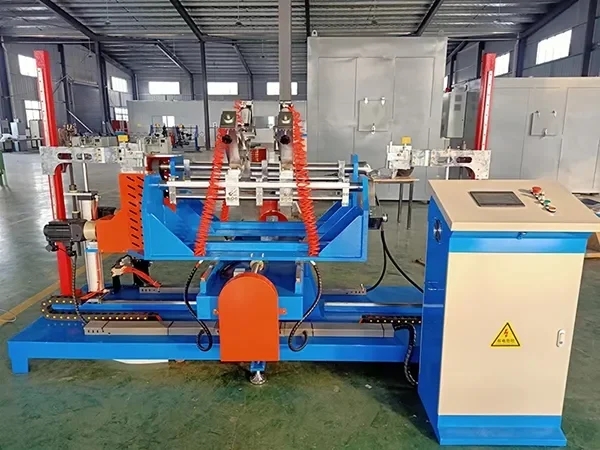
Transportation plays a crucial role in our modern society, enabling the movement of people and goods across vast distances. However, the current state of transportation is far from sustainable. In this blog post, we will delve into the reasons why transport is unsustainable, exploring its environmental and social impacts. By understanding these issues, we can begin to seek solutions and pave the way for a more sustainable future.
- Environmental Impacts:
Transportation, particularly the reliance on fossil fuels, has significant environmental consequences. Here are some key points to consider:
a) Greenhouse Gas Emissions: The burning of fossil fuels in vehicles releases carbon dioxide and other greenhouse gases into the atmosphere, contributing to climate change. The transportation sector is a major contributor to global greenhouse gas emissions.
b) Air Pollution: Exhaust emissions from vehicles also contribute to air pollution, leading to respiratory problems and other health issues. The release of nitrogen oxides and particulate matter has detrimental effects on both human health and the environment.
c) Habitat Destruction: The construction of transportation infrastructure, such as roads and railways, often leads to habitat destruction and fragmentation. This can disrupt ecosystems, endanger wildlife, and contribute to biodiversity loss.
- Social Impacts:
Transportation's unsustainability extends beyond the environment. It also has significant social impacts that need to be addressed:
a) Congestion and Time Loss: In many urban areas, traffic congestion is a daily struggle, resulting in wasted time and increased stress levels. The inefficiency of transportation systems can hinder economic productivity and quality of life.
b) Inequitable Access: Limited access to transportation options can create social inequalities, particularly for marginalized communities. Lack of affordable and reliable transportation can restrict access to education, healthcare, and job opportunities.
c) Public Health: The overreliance on private vehicles discourages physical activity and contributes to sedentary lifestyles, leading to various health issues such as obesity and cardiovascular diseases. Additionally, noise pollution from transportation can impact mental health and well-being.
- Solutions for a Sustainable Future:
To address the unsustainability of transportation, we need to explore alternative solutions:
a) Shift to Sustainable Fuels: Transitioning from fossil fuels to renewable energy sources, such as electricity or hydrogen, can significantly reduce greenhouse gas emissions and air pollution.
b) Enhance Public Transportation: Investing in efficient and accessible public transportation systems can alleviate congestion, reduce private vehicle usage, and provide equitable access to transportation options.
c) Promote Active Transportation: Encouraging walking, cycling, and other forms of active transportation can improve public health, reduce traffic congestion, and minimize environmental impacts.
d) Embrace Technology: Advancements in technology, such as electric and autonomous vehicles, can contribute to a more sustainable transportation system. Additionally, smart transportation management systems can optimize traffic flow and reduce energy consumption.
Conclusion:
The unsustainability of transportation is a pressing issue that requires immediate attention. By understanding the environmental and social impacts, we can work towards implementing sustainable solutions. From transitioning to renewable energy sources to promoting active transportation, it is crucial to prioritize the well-being of both the planet and its inhabitants. Only through collective efforts can we create a transportation system that is truly sustainable for future generations.







